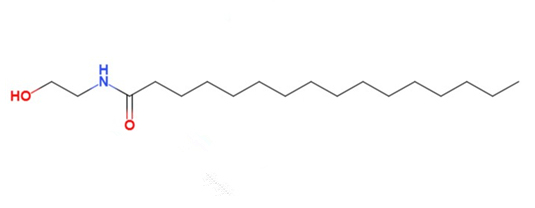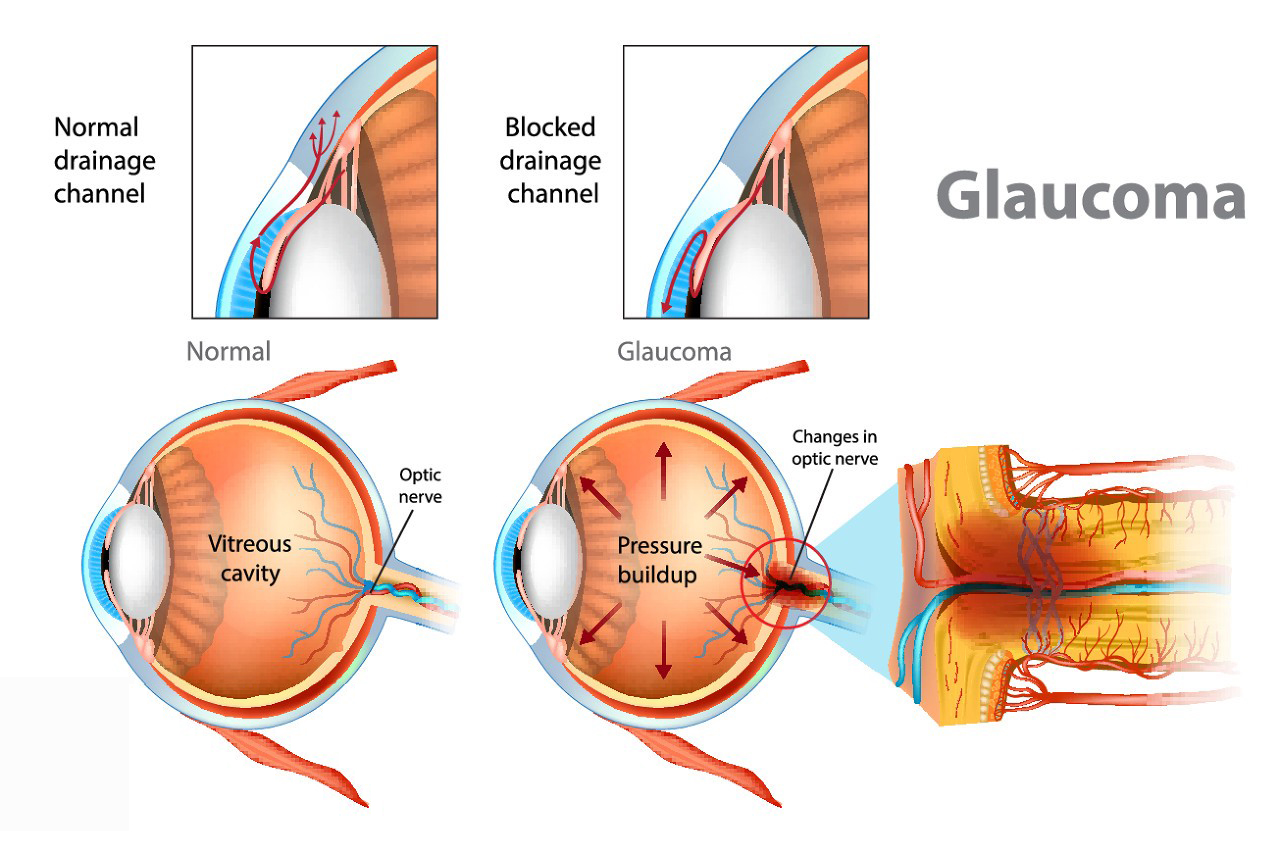Palmitoylethanolamide (PEA) is a naturally occurring fatty acid amide that belongs to the family of endocannabinoids. It has been studied for its potential anti-inflammatory and analgesic properties, although its exact mechanisms of action are still being explored. Here is some information on the chemical structure and physical properties of Palmitoylethanolamide:
Chemical Structure of Palmitoylethanolamide:
Palmitoylethanolamide has the chemical formula C18H37NO2.
Its systematic name is N-(2-Hydroxyethyl)hexadecanamide.
The chemical structure consists of a long hydrocarbon chain (palmitoyl group) and an ethanolamine molecule connected by an amide bond.

Physical Properties of Palmitoylethanolamide:
1.Physical State: Palmitoylethanolamide is a white, crystalline powder at room temperature.
2.Melting Point: The melting point of PEA is approximately 94-98°C (201-208°F).
3.Solubility: PEA is sparingly soluble in water but is more soluble in organic solvents like chloroform and ethanol.
4.Molecular Weight: The molecular weight of palmitoylethanolamide is about 299.5 g/mol.
5.Boiling Point: While it does have a melting point, PEA does not have a well-defined boiling point as it tends to decompose before reaching a specific boiling temperature.
6.Odor and Taste: PEA is odorless and tasteless.
7.Density: The density of palmitoylethanolamide is approximately 0.98 g/cm³.
8.Stability: PEA is relatively stable under normal conditions, but it can be sensitive to heat and light, which may cause it to degrade over time.
Palmitoylethanolamide is known for its potential anti-inflammatory and analgesic effects, primarily through its interactions with the endocannabinoid system and other cellular pathways. It is considered a promising compound in the field of pain management and inflammation research, but its exact mechanisms and full therapeutic potential are still being explored. Please note that specific properties and research findings may have evolved since my last knowledge update in September 2021, so it’s advisable to consult more recent sources for the latest information on PEA.
The Profound Benefits of Palmitoylethanolamide
Palmitoylethanolamide (PEA) is a naturally occurring fatty acid amide found in the body and some food sources, including egg yolks, peanuts, and soy products. It has garnered attention in recent years for its potential health benefits, and while research is ongoing, some of the reported benefits of PEA include:
Anti-Inflammatory Effects: PEA has been shown to have anti-inflammatory properties. It can help to reduce inflammation in various tissues and organs, which is beneficial for conditions like arthritis, irritable bowel syndrome, and other inflammatory disorders.
Pain Management: PEA may help in managing chronic pain conditions. It is thought to work by reducing the activation of inflammatory cells and inhibiting the release of pain-inducing substances. Some studies suggest it may be beneficial for neuropathic pain, fibromyalgia, and other chronic pain conditions.
Neuroprotection: PEA has demonstrated neuroprotective properties. It may help protect nerve cells and support the overall health of the nervous system, making it potentially beneficial for conditions like multiple sclerosis and neurodegenerative diseases.

Immune Modulation: PEA can modulate the immune system’s response, helping to regulate and balance the immune system’s activity. This may be relevant in autoimmune conditions where the immune system is overactive.
Skin Health: Some studies suggest that PEA may promote skin health and help alleviate skin conditions, such as eczema and dermatitis, by reducing inflammation and itching.
Mood and Stress Management: There is evidence to suggest that PEA may have a positive impact on mood and stress management. It may help regulate the endocannabinoid system, which plays a role in mood regulation.
Potential for Allergies: PEA may help mitigate allergic responses by reducing the release of histamines and other allergic mediators.
Gut Health: PEA may have a beneficial impact on gut health, potentially reducing inflammation and improving symptoms in conditions like irritable bowel syndrome.
It’s important to note that while there is promising research on PEA, it is not a magic cure-all, and results may vary among individuals. Also, PEA is not approved as a medication in many countries, so it is often sold as a dietary supplement. It’s essential to consult with a healthcare professional before using PEA or any dietary supplement, especially if you have a medical condition or are taking other medications, to ensure it’s safe and appropriate for your specific situation. Additionally, further research is needed to fully understand its long-term effects and optimal dosages for various health conditions.
